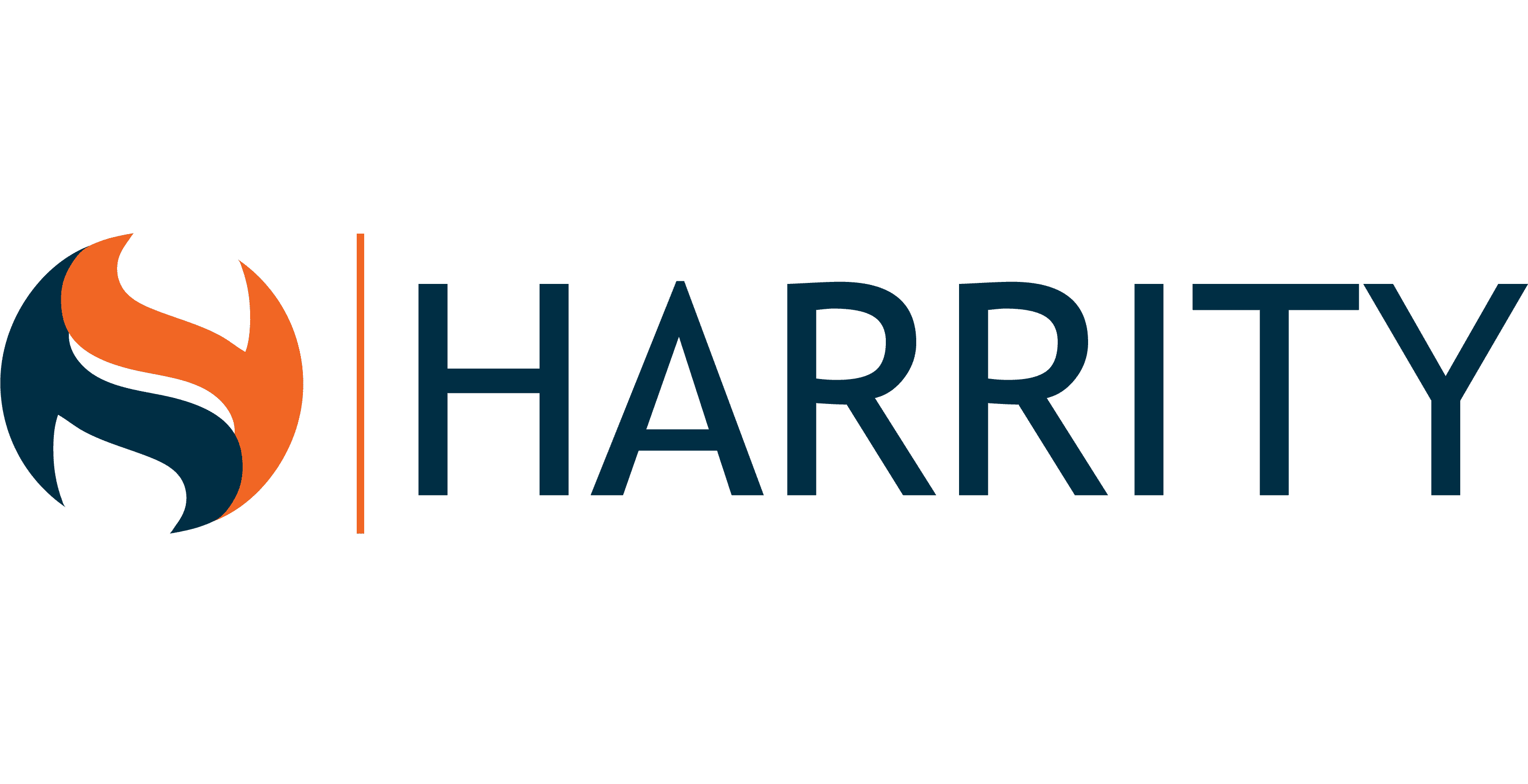Maximize Your Patent Portfolio Using Helferich-Style Claims
By Michael Woodward, Harrity Associate
Patent owners often obtain patents to protect products, as well as complementary products or use cases associated with those products. However, when selling or licensing the patented products, a patent owner may inadvertently extinguish potential revenue streams associated with the complementary use cases due to the doctrine of patent exhaustion.
Patent exhaustion follows the basic idea that if a company sells or licenses a patented product to a buyer, the company cannot sue the buyer (or a third party that the buyer provides the patented product to under the license) for patent infringement for using the product. Patent owners should take care when preparing and licensing patents to ensure that infringement claims for complementary products or use cases associated with patented products are not exhausted by the sale or licensing of the patented products, as shown by the Federal Circuit case of Helferich Patent Licensing v. New York Times, 778 F.3D 1293 (Fed. Cir. 2015)…
Keep reading on IPwatchdog.com.

